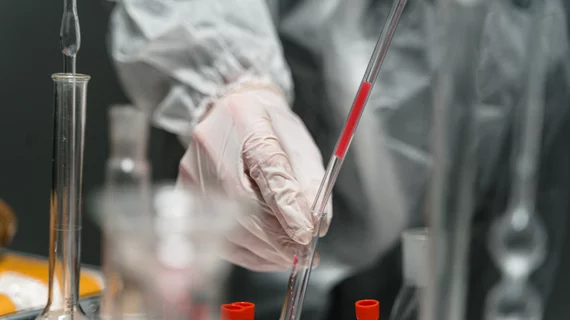AI predictions of protein interactions to drive drug discovery, targeting
Researchers have used AI and 3D modeling to identify more than 100 heretofore undiscovered protein complexes and classify more than 700 that were known but until now remained obscure.
Describing the work this week in Science, the team says the advance represents “a new era of structural biology in which computation plays a fundamental role” in the discovery of proteins’ structure and behavior.
The resulting broadened understanding of protein processes, they state, opens avenues of exploration for finely targeted clinical interventions with specialized drugs and other therapies.
Lead author Ian Humphreys of the University of Washington in Seattle and colleagues used AI to screen 8.3 million pairs of yeast proteins for around 1,500 that, in the algorithms’ estimation, were likely to interact in consequential ways.
From this subset the team built 3D models of more than 900 pairings that affect most if not all processes sustaining eukaryotic cells.
These are the internally complex cells that help humans and other animals regulate such biological functions as energy expenditure, gene expression and metabolism.
The new modeling predicts protein interactions and offers broad insights into biological function, the authors suggest.
“Our approach extends the range of large scale deep learning based structure modeling from monomeric proteins to protein assemblies,” Humphreys et al. comment in their discussion section. “[F]ollowing up on the many new complexes presented here should advance understanding of a wide range of eukaryotic cellular processes and provide new targets for therapeutic intervention.”
In coverage of the work by UT Southwestern Medical Center, co-senior author Qian Cong, PhD, of that institution says the work described in Science “sets the stage for similar studies of the human interactome and could eventually help in developing new treatments for human disease.”

